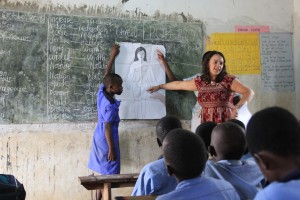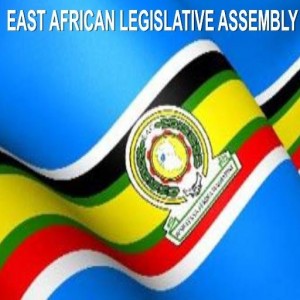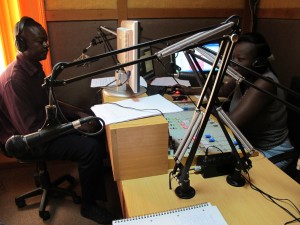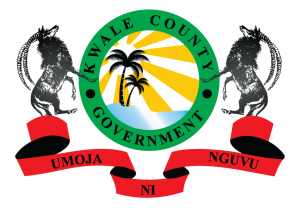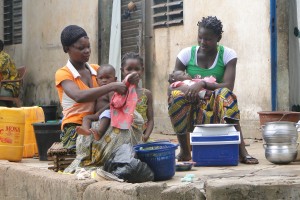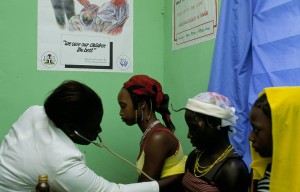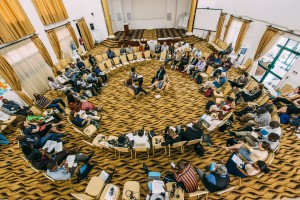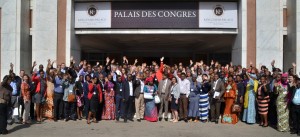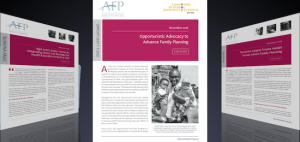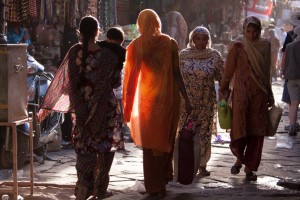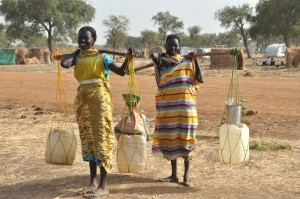View the latest family planning advocacy news from our partners.
Uganda has registered tremendous improvement in family planning and reproductive health over the last five years. On March 13, 2017, the Uganda Bureau of Statistics (UBOS) released the 2016 Uganda Demographic and Health Survey (UDHS) Key Indicators Report which shows progress on key family planning and reproductive health indicators.
The East African Legislative Assembly committee recently conducted public hearings on the East African Community (EAC) Sexual and Reproductive Health and Rights Bill 2017 in its five member countries (Kenya, Uganda, Tanzania, Burundi and Rwanda). The committee, which held public hearings for Tanzania on Feb 22nd in Dar es Salaam, agreed to integrate recommendations on various sections of the bill from the recently-established Tanzania Youth and Adolescent Sexual and Reproductive Health (TAYARH) Coalition and Advance Family Planning (AFP) local partners.
In March, Radio Ramogi in Kenya committed to airing family planning stories once every month to its four million listeners, as part of its role in amplifying women issues.
The Kwale County ministries of health, education, and youth and gender collaborated to develop a new costed action plan to address the growing concern of teenage pregnancy. The plan aims to increase access to family planning information and services for adolescents and teenage girls aged between 10-19 years.
The rural communes of Gorgadji and Seytenga included funding for family planning activities in their 2017 Annual Communal Investment Plans—a first for communes in Burkina Faso. These plans approve yearly communal expenses; including specific language in the plan is the most effective way to ensure that a commune allocates funds to family planning.
Primary health care facilities in the Yaba Local Council Development Area of Lagos State, Nigeria, removed all user fees for family planning services in November 2016 – making family planning services completely free. Yaba is the first locality to follow through on the government of Nigeria’s commitment at the 2012 London Summit on Family Planning to provide free family planning services to all Nigerians.
Advance Family Planning (AFP) is convening its annual Partners Meeting in Baltimore from 27—31 March 2017. The aim of the 2017 meeting is greater synergy among AFP partners and collaborators in working to fulfill the Family Planning 2020 (FP2020) vision through increased political and financial support for family planning. AFP welcomes collaborators from more than 15 countries. Together, they will work to achieve the following objectives:
EVIDENCE AND ADVOCACY IN ACTION
Last month, 150 researchers, health professionals, advocates, and donors from 19 countries met in Dakar, Senegal for three days to strategize about how best to introduce and increase access to subcutaneous depo provera via Uniject, also known as DMPA-SC or Sayana Press. The Advance Family Planning (AFP) initiative co-organized the meeting in collaboration with PATH and IntraHealth, along with a global steering group of international non-governmental organizations and in-country partners.
Advance Family Planning (AFP) held its first dissemination workshop in Washington, DC this month. The four-day workshop aimed to build facilitation skills in applying AFP’s SMART (Specific, Measurable, Attainable, Relevant and Time-bound) advocacy approach. Fifteen family planning and reproductive health professionals from ten organizations attended the workshop, which was led by master trainers from the Johns Hopkins Center for Communication Programs, PATH, and AFP.
Advance Family Planning’s three new case studies showcase the scope and impact of the advocacy initiative’s efforts toward discrete policy and funding advancements for family planning.
Read the stories, view the lessons learned, and download the case studies to see the breadth of AFP’s impact:
On January 9, 2017, the National Health Mission of the state government of Rajasthan in India signed a Memorandum of Understanding (MOU) with Advance Family Planning local partner Pathfinder International to improve the quality of family planning services in five districts of Rajasthan: Baran, Bhilwara, Madhopur, Pali, Sawai, and Sirohi.
On February 8, 2017, Imotong State of South Sudan formally designated 1.5 million SSP (approximately USD $21,000) to their first budget allocation for family planning services. The new allocation is a result of a resolution passed in September by the state’s legislative assembly to increase funding for family planning by establishing a dedicated budget.


